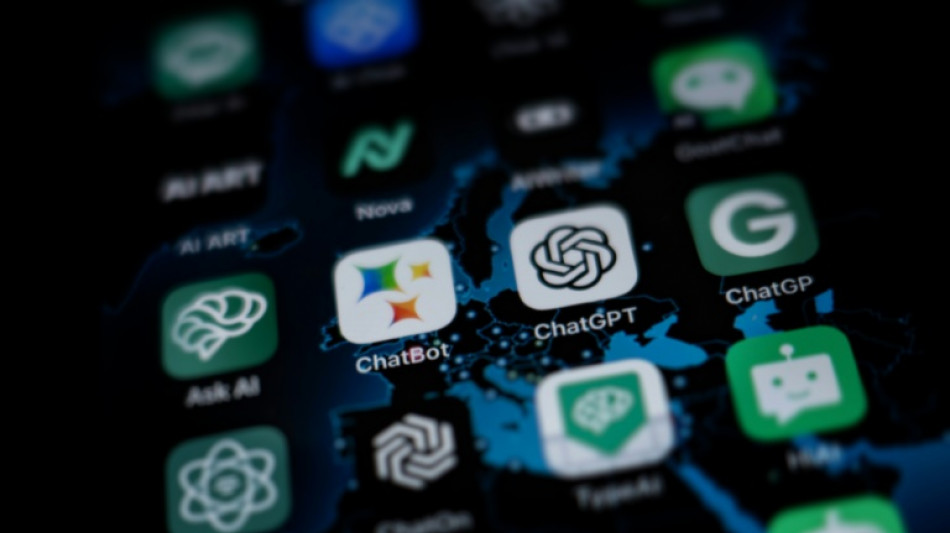
RIO
-0.2200

President Joe Biden got US tech giants to pledge guardrails against risks from artificial intelligence, ranging from cyber-attacks to fraud, ahead of a White House summit Friday on how to manage the expanding sector.
Reflecting the sense of urgency as AI rips ever deeper into personal and business life, Biden was meeting at the White House with top representatives from Amazon, Anthropic, Google, Inflection, Meta, Microsoft, and OpenAI.
Biden, who is running for re-election next year, has put his stamp on the issue, making clear that he recognizes the promise and peril of an industry where US companies are at the forefront of innovation.
Ahead of the meeting, the seven AI giants committed to a series of self-regulated safeguards that the White House said would "underscore three principles that must be fundamental to the future of AI: safety, security, and trust."
Although AI -- in which computer programs learn to do many jobs currently performed by humans -- is seen as a hugely empowering tool, it also poses potentially nightmarish risks.
In their pledge, the companies agreed to develop "robust technical mechanisms," such as watermarking systems to ensure that users know when content is AI- and not human-generated.
Worry that imagery or audio created by artificial intelligence will be used for fraud and misinformation has ramped up as the technology improves and the 2024 presidential election gets closer. Already, supporters of Republican candidate Ron DeSantis have gotten attention by use of an artificially generated voice sounding like the party's frontrunner Donald Trump in an attack ad.
Consumers need "to know whether content is AI-generated or not," a White House official said.
- Regulation on horizon -
The White House initiative demonstrates an early effort to get in front of the snowballing problem of how to regulate an industry developing faster than Congress may be able to handle.
Among the measures pledged by the seven companies ahead of the Biden meeting is agreeing to independent "internal and external security testing of their AI systems before their release" for threats to biosecurity, cybersecurity and "broader societal effects."
Officials said that Biden is also already working on an executive order -- something that has limited powers, but does not require congressional approval -- on AI safety.
"We need to make sure we're pulling every lever of the federal government to regulate and take action -- and work with... (Congress) on legislation," White House Chief of Staff Jeff Zients told Axios.
"We will need legislation to build the capacity to have the experts that we need in the federal government, and then to have the regulatory authority to hold the private sector accountable -- and to hardwire these actions so that they're enduring," Zients said.
The White House said that it is also working with foreign allies to seek "a strong international framework to govern the development and use of AI" around the world. The topic was prominent at the G7 in Japan this May, while Britain is set to hold an international AI summit.
A.El-Nayady--DT